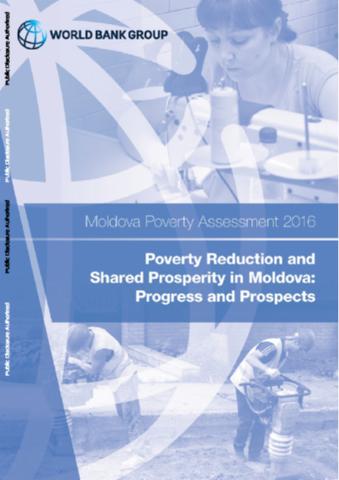Environmental changes in the Polish agriculture - toward the bio-economy
This paper attempts to provide an interdisciplinary concept of the bio-economy in the context of environmental changes in the Polish agriculture. Various definitions of bio-economy have been presented and its place in the sustainable development theory has been described. The aim of this paper is to present the environmental changes in Polish agriculture in the context of the bio-economy. For this purpose uses the information published by the Central Statistical Office and Eurostat. To showcase and presentation methods were used descriptive and tabular.




